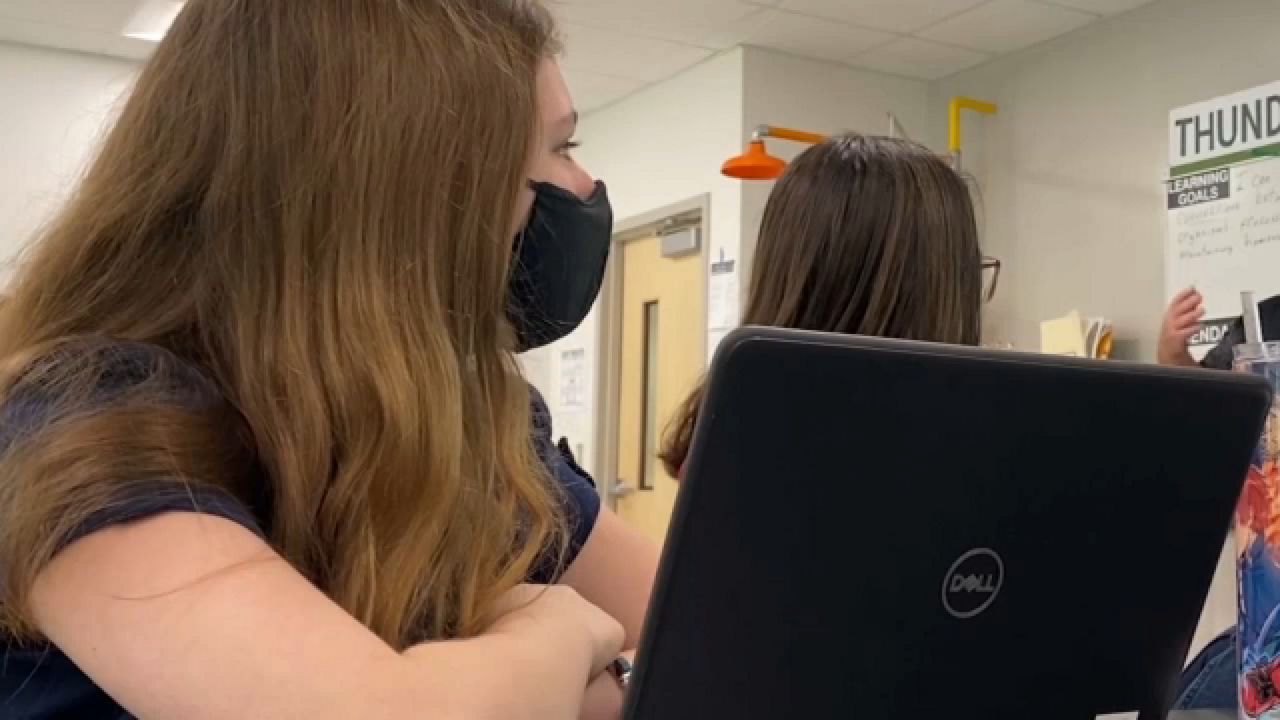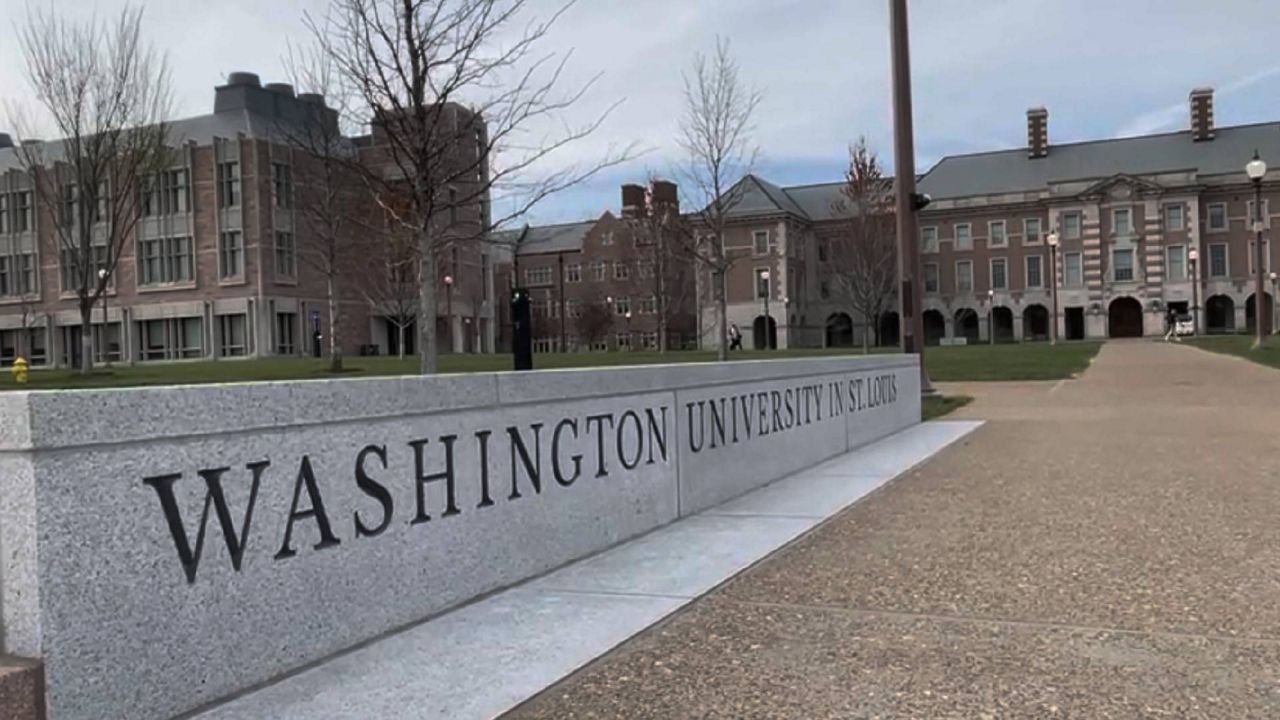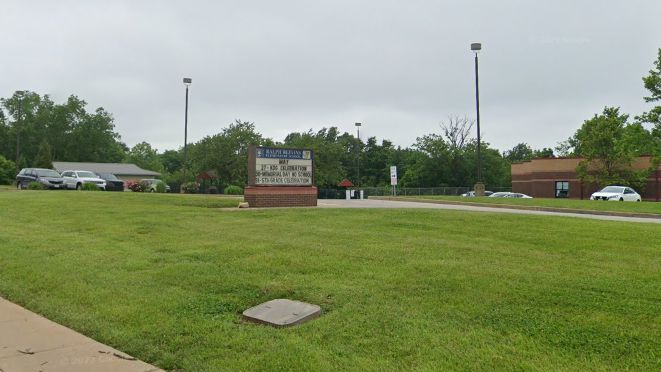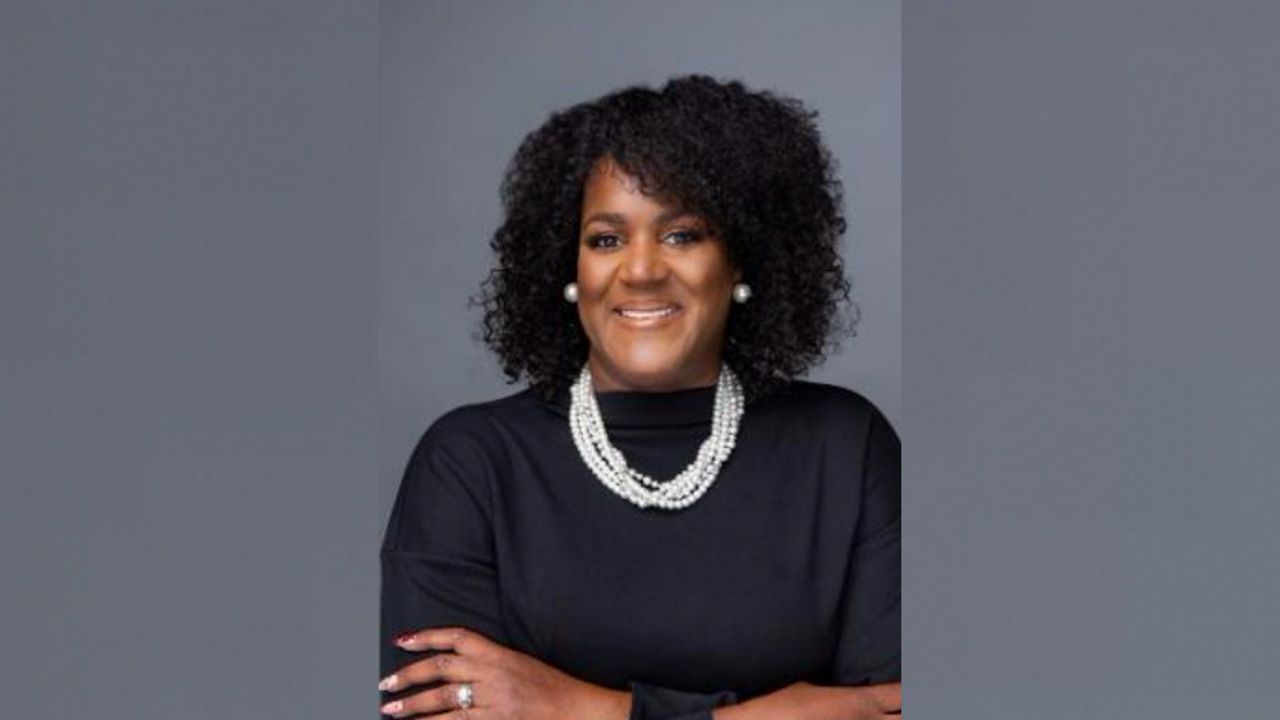ST. LOUIS — Summer vacation is here for students and educators, and the break comes after a trying school year marked by an uptick in the need for mental health care.
"I would say this year has been the most difficult out of the pandemic, and for many in education, the most difficult in their entire career," said Megan Marietta, Coordinator of St. Louis Public Schools (SLPS) Social Workers.
The 2021-2022 school year started with some returning to a school building for the first time in 18 months because of COVID. Many school districts also had staff shortages.
"We certainly knew that mental health needs and mental health challenges for students and staff in schools would be an increased challenge out of the pandemic. Many staff will tell you that challenge has been greater than maybe they even anticipated," said Mallory McGowin, a Department of Elementary and Secondary Education (DESE) spokeswoman.
For Dr. Terry Harris, the Executive Director of Student Services for the Rockwood School District, the challenge also included activating the crisis team 16 times to deal with that number of student and staff deaths.
"I have not been able to breathe. Every last one of these deaths that we experience, I am involved in that. And I can feel my body has been impacted by that," said Harris.
And he's not alone.
70% of public schools say they have seen an increase in children seeking mental health services since the beginning of the pandemic, according to a new study from the Institute of Education Sciences.
Rockwood and SLPS say educators reported most common problems facing students appear to be anxiety, depression, loneliness and lack of motivation. DESE says student behavior and mental health needs are not only greater in quantity, but severity of behavior as well. According to the 2022 Missouri Student Survey, which targets 6th through 12th grades, students are reporting an increase in sadness and hopelessness compared to prior years.
Marietta said SLPS students also suffered a lot of loss. She said that loss may be because of community violence, but for some it was the loss of prom or graduation. For others it was a loss of personal connection due to a cautious approach to COVID.
"We had to meet the students where they are. And with greater needs and less staff capacity, it has been a challenge," said Marietta.
While SLPS worked to support the staff, it also found ways to support the students. Marietta says that meant leaning on community partners to make sure their basic needs were met.
"We have seen such an increase from families around financial stressors, basic needs such as housing and utility assistance, which all contribute to how students show up," Marietta said.
But it's not just students. "We as staff know that we have to be well in order to do well for our students," she explained.
"The trauma these teachers are under is like none other," said Harris.
DESE acknowledges teacher recruitment and retention are a problem in Missouri.
"We are on the verge of a real crisis," said McGowin while discussing the current situation.
The state Board of Education has established a Blue Ribbon Commission focused on this issue. The group is working on a plan for more long-term solutions to address teacher pay and retention.
"I'd argue, we probably have to do it more for educators, because now most of these people are leaving the field like crazy, so we won't have teachers that are going to take care of our kids... because they are taking care of their own self care," said Harris.
Harris says 15-20% of Rockwood employees typically use the district’s Employee Assistance Program service. He said last year, that number grew to 30%. Harris' district is also working on introducing mindfulness and yoga to the staff.
For the students in the Rockwood District, Harris explains they have six layers of support, including Hazel Health, a program that allows you to refer a student to get therapeutic support.
"The silver lining I think is that students' mental health and staff mental health needs are really at the forefront of education and realizing that we have to meet their social and emotional needs before we can expect anything else to be happening," expressed Marietta.
DESE Resources
DESE says mental health support is one of the main focuses for its federal relief funds. Here are some of the ways the state is currently helping teachers:
The state says there is a mental health webpage where it will continue to add projects and opportunities for leaders.
The state also provided a virtual speaker series featuring three national speakers
DESE created a professional development video series recorded by teachers.
The state is also partnering with the Missouri Department of Mental Health to offer Mental Health First Aid training to any school for no cost. The program gives adults the tools they need to better identify, understand, and respond to signs of mental health or substance abuse. Several school districts will do that training over the summer.









